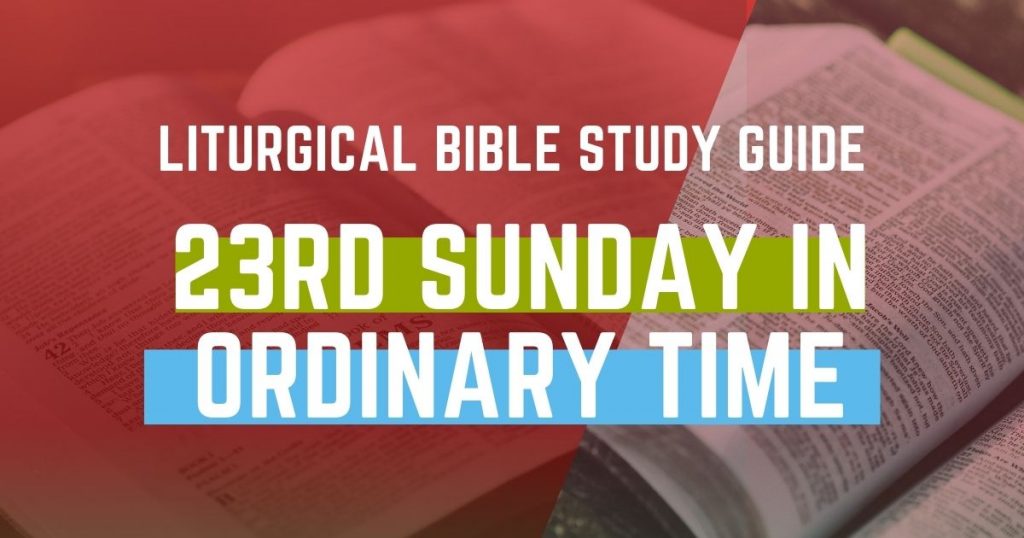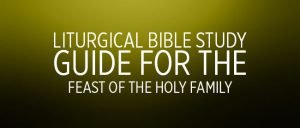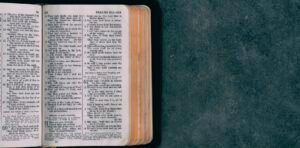First Reading
Isaiah, his name means “Yahweh is salvation,” is one of the most outstanding and most important of the prophets. He was born around 760 B.C. and lived in Jerusalem. There is a good basis for thinking that he belonged to a distinguished priestly and perhaps noble family, judging from his education and culture and from his contacts with the court and nobility of the kingdom of Judah. He was married, with two children. In the year 742 B.C., on the death of King Uzziah, he received his calling as a prophet in a vision in the Temple of Jerusalem (Isaiah 6:1-8). From the moment Isaiah received his vocation he knew no rest. He was charged with proclaiming the downfall of Israel and of Judah in punishment for the unfaithfulness of the people and their failure to repent. Hebrew legend has it that Isaiah was put inside a hollow log and sawn in half during the reign of King Manasseh.
The book of Isaiah divides into 3 parts:
1) The book of the judgments of God (chapters 1-39),
2) The book of the consolation of Israel (chapters 40-55), and
3) Prophesies which extend the book of consolation (chapters 56-66).
Today’s reading comes from chapter 35 which is part of the book of the judgments of God and speaks of the joy of restoration after God has passed judgment upon Edom (chapter 34).
Second Reading
James (Jacob in Hebrew, it means “let God protect”) wrote this letter around A.D. 60. In it he shows himself to be steeped in the Old Testament and in the teachings of Jesus 2 deriving from the Sermon on the Mount. He is writing to the “twelve tribes of the dispersion” (James 1:1). He seeks to encourage them to bear persecution bravely and to practice the Christian virtues, especially patience in the face of trial, and control of the tongue.
Saint James also gives great importance to care for the poor and humble, advising Christians not to give preference to people who are well-to-do or have a high social position – the reason being that Jesus was no respecter of status, and Christians should imitate Him. Our Lord loves both poor and rich, educated and uneducated – He gave His life for everyone. The subject of today’s reading is that we should not grade people according to external appearance, for a person’s quality is something that derives from his union with God – the more humble and understanding he is, the more honor he deserves.
Gospel
Today we continue our journey through the Gospel of Mark. Last week we heard the controversy about ritual purity, this week we skip over the healing of the Canaanite woman’s daughter and hear of Jesus’ healing of a man who is both deaf and mute. In this miracle we can see a model of the way God acts on souls – for us to believe, God must first open our heart so we can listen to His word.





